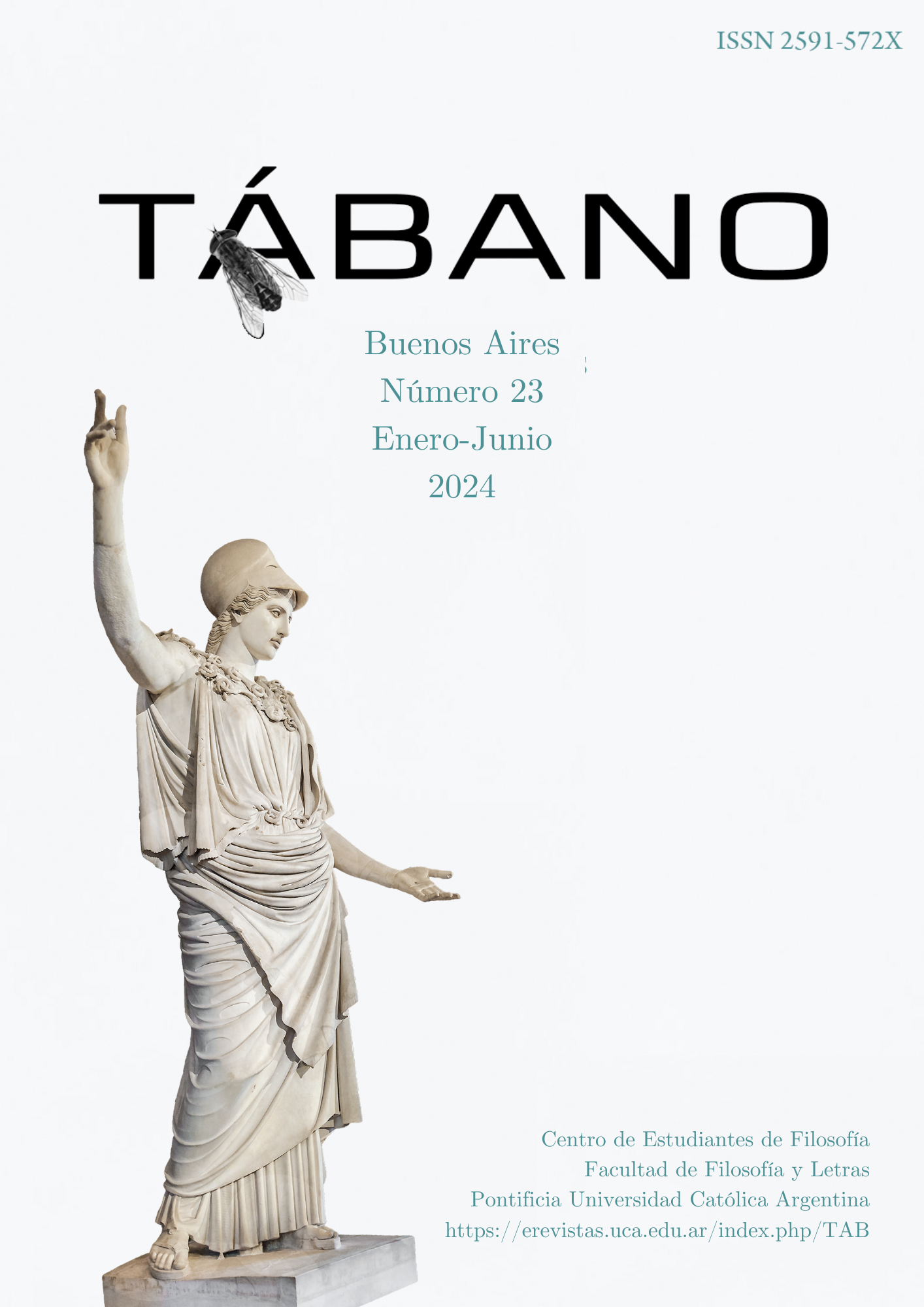Tolle, lege! The ambivalence of texts in the Confessions of Augustine of Hippo
DOI:
https://doi.org/10.46553/tab.23.2024.p33-53Keywords:
Augustine of Hippo, Hermeneutics, Deconstruction, Text, GodAbstract
The history Augustine of Hippo tells of himself in his Confessions makes us aware of the essential ambivalence of language and textuality. On the one hand, texts make human beings to get lost in vane things and also help to nurture pride. On the other hand, texts were paramount for the Christian conversion of Augustine: Cicero, Plotinus, and, mainly, the Sacred Scriptures, led the way towards God. However, the ambivalence of language is shown in that it is the same text, the Bible, which, at the same time, turns Augustine against God and also calls for his conversion. The ambivalence of texts, then, is only resolved in the way the reader makes use of it, in the way the reader appropriates and is appropriated by it. Confessions are the history of a rhetoric, a man of letters, the drama of a reader that is losing himself in texts or that finds his way to God through them.
Downloads
References
Agustín de Hipona (1946). Confesiones. BAC.
Downloads
Published
How to Cite
Issue
Section
License
Copyright (c) 2024 Martín Grassi

This work is licensed under a Creative Commons Attribution-NonCommercial-ShareAlike 4.0 International License.


